Aquaculture is currently one of the fastest growing food production systems in the world. Most of global aquaculture output is produced in developing countries, and, significantly, in low-income food-deficit countries. With stagnating yields from many capture fisheries and increasing demand for fish and fishery products, expectations for aquaculture to increase its contribution to the world’s production of aquatic food are very high, and there is also hope that aquaculture will continue to strengthen its role in contributing to food security and poverty alleviation in many developing countries. Aquaculture encompasses a very wide range of different aquatic farming practices with regard to species, environments and systems utilised, with very distinct resource use patterns involved, offering a wide range of options for diversification of avenues for enhanced food production and income generation in many rural and periurban areas. In view of the significant nutritional, social, economic and environmental benefits, which generally can be associated with most existing aquaculture practices, and the good prospects for further development and expansion of the sector, it is important for efforts aiming at the sustainable development of aquaculture that potential social conflicts and environmental problems are minimised. This book assesses the current status of fisheries, identifies issues that are of concern to fishery managers, and outlines options to address those issues. Besides students and teachers, the contents of the book will be of great value to all those engaged in fisheries and aquaculture.
Encyclopaedia of Fishes (In 9 Volumes)
$927.90
$1031.00

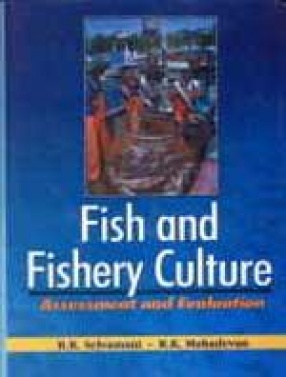
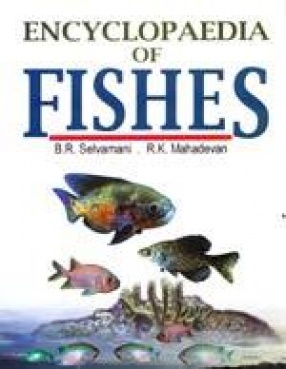
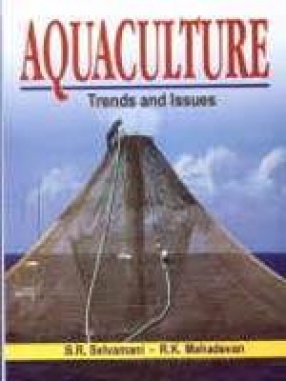
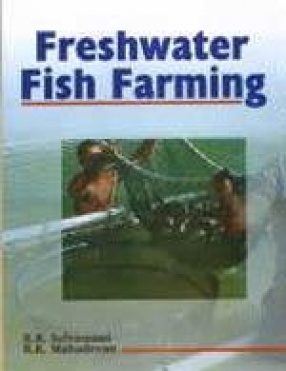

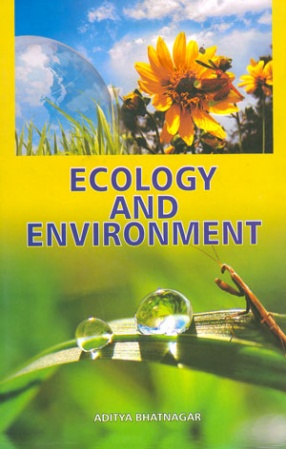

There are no reviews yet.